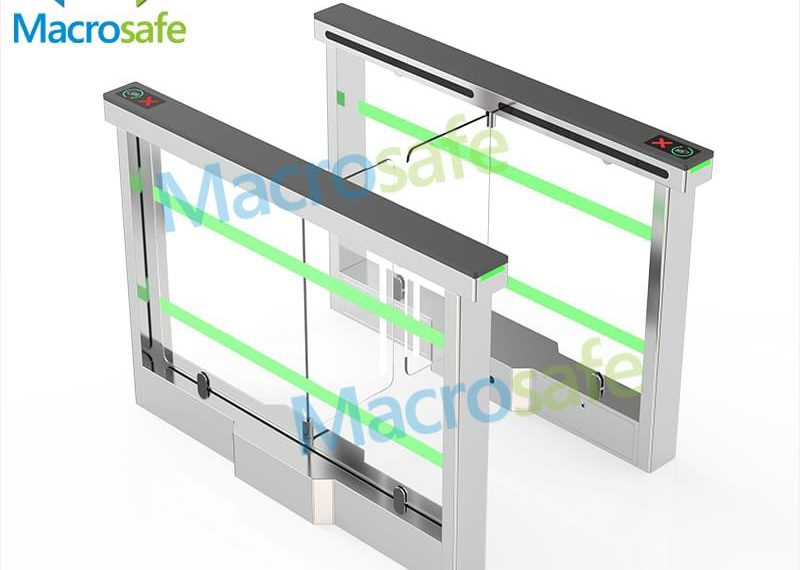As a business owner, it is critical to protect your assets and investments from internal and external threats.
Securing a business physically is as important as securing it against cyber threats. As a result, businesses need to invest in reliable security systems to safeguard their premises and ensure the safety of employees, customers, and assets.
When purchasing security systems, business owners often make mistakes that lead to suboptimal security measures. These mistakes could leave their business open to security breaches or cause them to waste money on the wrong security measures. Here are six of the most common mistakes that business owners make when buying security systems.
Not Conducting a Risk Assessment
Before buying a security system, it’s essential to determine the risks the business faces. Conducting a risk assessment can help you identify the most vulnerable areas of your premises or potential threats and develop a tailored security plan. Without identifying and assessing the risks, you may invest in costly security measures that aren’t necessary, or worse still, you may overlook critical security concerns, leaving your business exposed to security breaches.
Choosing the Wrong Type of Security System
There are several types of security systems available in the market, each designed to address specific security concerns. While some security systems are suitable for small businesses, others are ideal for larger businesses. Choosing the wrong type of security system can lead to a waste of resources or inadequate security measures. As such, business owners need to understand their specific security needs and choose the right security system.
For example, access control systems are ideal for businesses that need to restrict access to certain areas of their premises.
And there are so many kinds of hardware used to strengthen access control, such as rolling doors, revolving doors, turn style doors and so on. Take turn style doors for example, they are suitable for businesses that require good looks and a moderate level of security. Therefore, choose a security system that addresses their specific security needs.
Not Understanding the Technology
Security technology is rapidly advancing, making it challenging for business owners to keep up with the latest trends. Investing in a security system without understanding how it works or how to use it effectively can render the system useless or inadequate. Business owners should take time to research the technology behind the security system and ensure that they learn how to use the system effectively.
Not Considering Future Needs
When developing a security plan, business owners need to consider their future security needs. Failure to do this may cause business owners to invest in security systems that do not accommodate future needs. As such, it’s crucial to choose a security system that can grow with the business or is scalable to meet future security needs.
Cutting Costs
While it’s important to save money, cutting costs when purchasing a security system may lead to subpar security measures. Business owners may opt for cheaper security systems that do not meet their security needs, and this may leave their business exposed to security breaches. Investing in quality security systems may require a significant financial investment, but it’s a worthwhile investment in the long run.
Not Involving Security Professionals
Business owners may try to fix their security needs without consulting security professionals. However, failing to involve security professionals in the decision-making process may cause business owners to overlook critical security concerns. Security professionals can help business owners identify security risks, suggest reliable security solutions, and ensure that the security systems implemented meet the highest standards.
In conclusion, businesses need to invest in reliable security systems to safeguard their premises, employees, customers, and assets. Business owners need to avoid common mistakes when buying security systems such as not conducting risk assessments, choosing the wrong type of security system, failure to understand technology, not considering future needs, cutting costs, and not involving security professionals. By avoiding these mistakes, business owners can ensure that they invest in the right security measures to protect their business.







